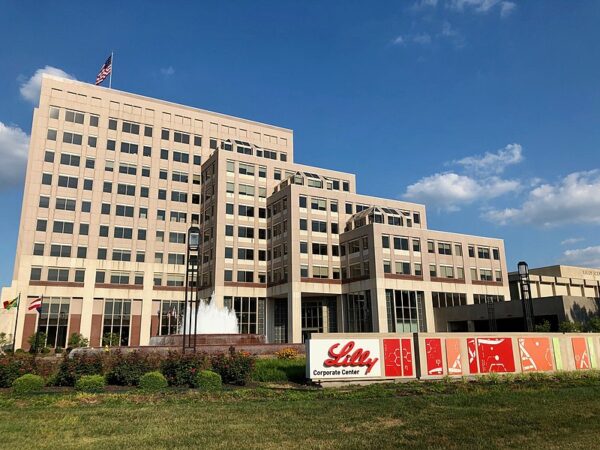Eli Lilly receives FDA response letter for eczema treatment lebrikizumab
Eli Lilly and Company (NYSE: LLY) has announced a recent development regarding its biologic license application (BLA) for lebrikizumab, a treatment aimed at addressing moderate-to-severe atopic dermatitis, commonly known as eczema. The U.S. Food and Drug Administration (FDA) has issued a complete response letter, citing specific findings from a multi-sponsor inspection of a third-party contract manufacturing organization responsible for producing the monoclonal antibody drug substance for Lilly’s lebrikizumab.
It’s essential to highlight that the FDA’s letter raised no concerns regarding the clinical data package, safety, or labeling associated with lebrikizumab. Importantly, this development has no impact on any other products in Lilly’s existing portfolio or its pipeline of future treatments.

FDA issues response letter for Eli Lilly’s lebrikizumab, clinical data unaffected. Photo courtesy of Momoneymoproblemz/Wikimedia Commons.
Eli Lilly’s commitment to the potential of lebrikizumab remains unwavering. Patrik Jonsson, Lilly’s Executive Vice President, President of Lilly Immunology and Lilly USA, and Chief Customer Officer, expressed confidence in the medication’s capacity to assist individuals grappling with eczema. He emphasized the strength of the clinical data supporting the submission package for lebrikizumab. Jonsson affirmed the company’s dedication to working collaboratively with the third-party manufacturer and the FDA to address the feedback and move closer to making lebrikizumab available to patients in need.
The FDA’s review of lebrikizumab encompasses data from multiple studies, including ADvocate 1, ADvocate 2, and ADhere. These studies involved over 1,000 adults and adolescents aged 12 and older, all of whom were afflicted by moderate-to-severe eczema and had previously struggled to manage their symptoms with topical treatments or other systemic therapies.